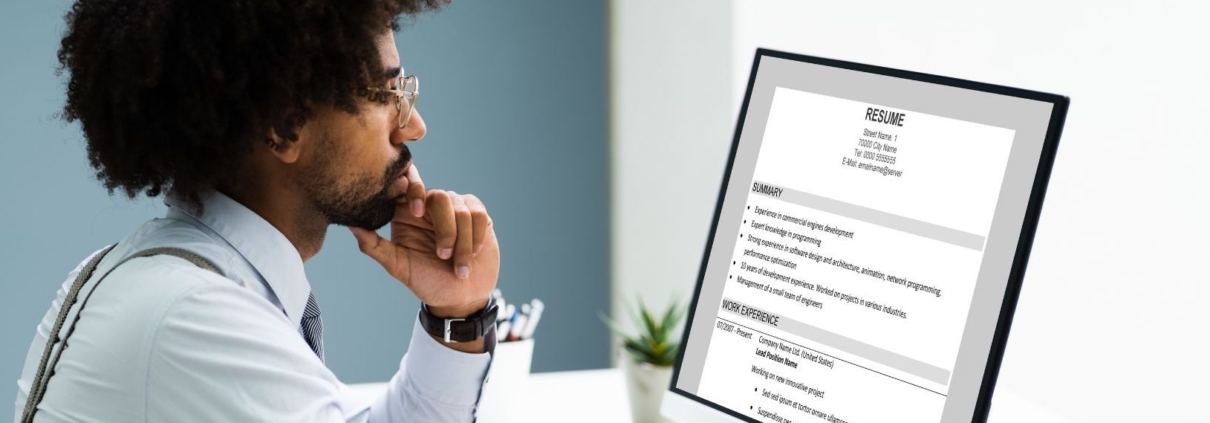What to Look for When Reviewing a Resume
By Nicole Martin
If you’re a recruiter, hiring manager or business owner, you know that time is a challenge when it comes to reviewing the resumes and job applications you’ve received. The sheer volume can be overwhelming. Whether you’re doing an initial quick scan of a resume LINK TO BLOG or taking a deeper dive, it helps to know just exactly what you should be looking for to not only save you time, but to ensure the applicant has the skills, qualifications and personality you are seeking.
Having been an HR professional for 20 years, I can’t even begin to figure out how many resumes I’ve reviewed during my career. But I can tell you that I know what I want to see on a prospective employee’s resume, and I’ve become quite skilled at reading, analyzing and quickly scanning for pertinent information. With a checklist of items in hand, I can instantly make a decision if I want to even take a deeper look at the candidate’s credentials, and if I do, I know what I want to learn more about.
Resume Review Checklist
Before I start culling through the resumes I’ve received, I like to make a list of the bare minimum I need to see from a job applicant in terms of:
- Skills
- Experience
- Education
This helps me quickly separate the resumes into yes, no and maybe piles – the first filter. Once that phase is complete, I can take a closer look at those I gave a yes and maybe to.
Below are the things I explore when reviewing a resume more deeply.
Work Experience
I tend to look at experience with a broader lens. Of course, I want to see if the experience matches the level needed for the position, but I don’t get too bogged down in the candidate’s level. A “too senior” candidate might be the perfect fit, just as a “too junior” one may demonstrate requisite initiative to grow into the role. The same principle applies for job titles since titles do not always accurately describe the job responsibilities or level. I also avoid simply focusing on industry related experience. The skills gained from other positions outside the industry may be relevant and beneficial.
Skills and Competencies
It can be difficult to know whether the candidate actually has the skills you want to see in your new team member. Look for the terms the candidate included in their resume and see if they match the skills for the position. If you identify any gaps, you can question them further during an interview. If you like everything else on the resume, you can always train them if need be.
Education
This may be more important for those new to the workforce where you are placing more emphasis on degree, major and specific classes over experience. It’s also relevant where a position demands a specific certification.
Employment Gaps
Long gaps between positions could be a red flag, but don’t immediately write the candidate off. There could be a good explanation for the time in between positions, such as a medical issue or a sick relative they needed to care for. Give them the opportunity to explain the gap during the interview phase.
Excessive Job Hopping
This can also be a red flag, but not necessarily a resume breaker. While such hopping may indicate a non-committed worker, it can also be a sign of ambition or speak to an issue in a specific industry. As with employment gaps, this can be questioned during the interview.
Promotions and Awards
You want workers who are looking to grow with the company and build its bottom line. Promotions and awards demonstrate aspiring workers whose efforts are making a difference in their careers and organization. When reviewing a resume, these are the candidates you want to note, rather than those with stagnant careers.
Evidence of Being a Team Player
As the saying goes, “Teamwork makes the dream work.” Look for job descriptions and achievements that demonstrate the candidate is working well with, and achieving, with teams.
Mistakes
If a candidate doesn’t pay attention to the details on their resume, chances are they won’t do so as an employee. So be sure to note if a resume is difficult to read, poorly organized, and has typos and misspellings.
Generic Language
Candidates truly interested in the position should have taken the time to customize the resume to the position and company. Look to see if the resume was written with the specific job position and organization in mind.
Wording Used
Hone in on word choices. Flag passive verbs, like participated in, and look for action verbs like achieved, created, etc. Scan for mentions of accomplishments, along with overuse of keywords and buzzwords.
Personality
This one is a bit more abstract. You may be able to glimpse a candidate’s personality through the hobbies and interests listed. Team work can show ability to collaborate, while achievements demonstrate drive. Challenges and tasks that generated results may indicate accountability. Think outside the box when it comes to uncovering personality traits.
Hopefully this list will help you narrow in on what review and analyze the volume of resumes you receive.










Leave a Reply
Want to join the discussion?Feel free to contribute!